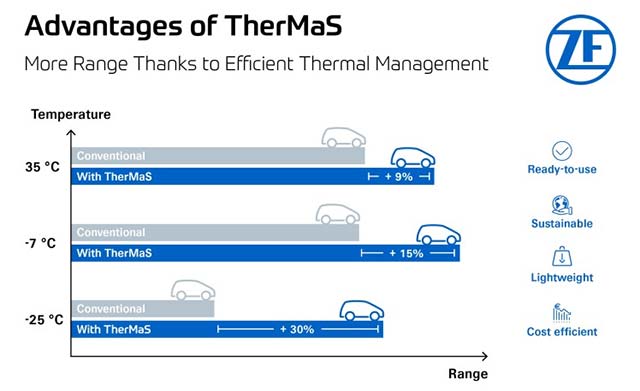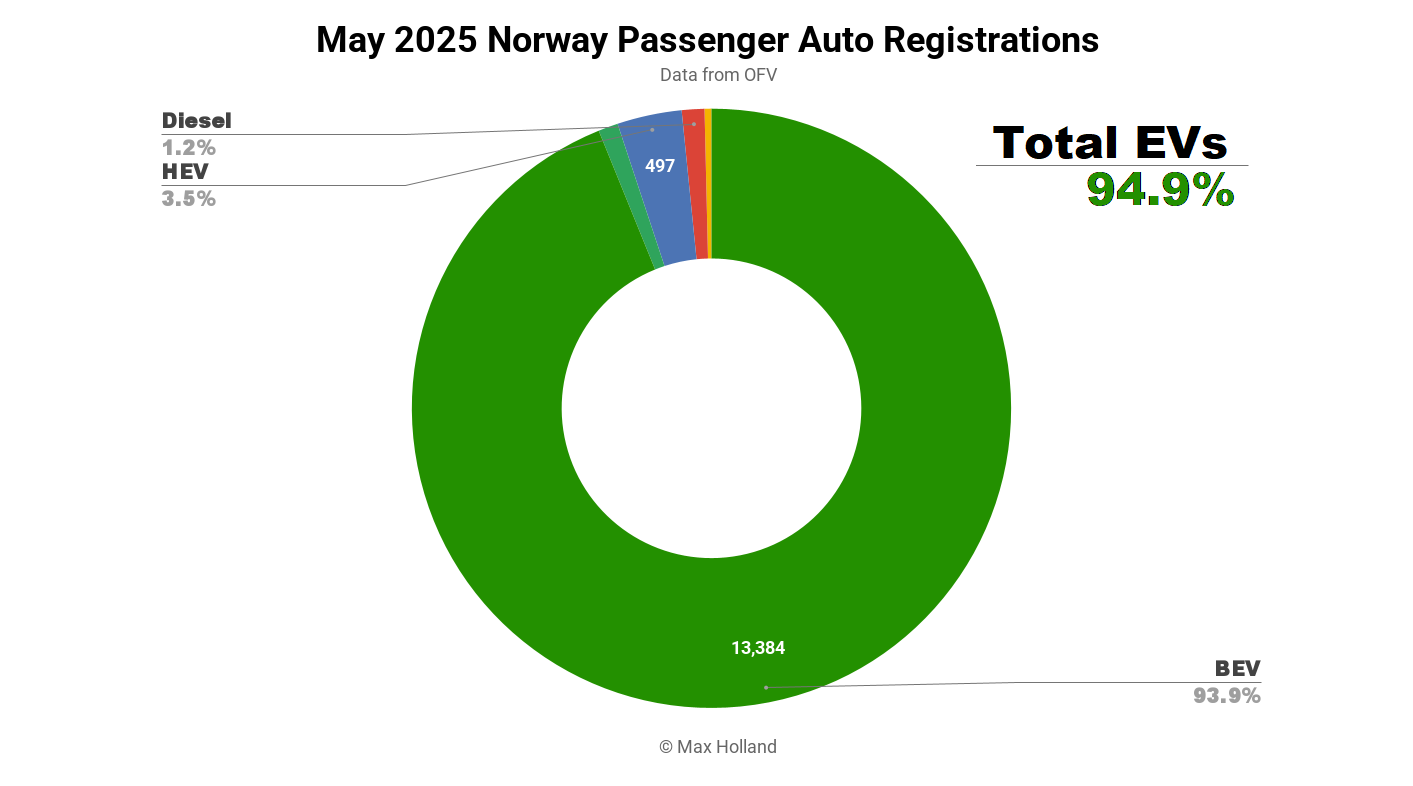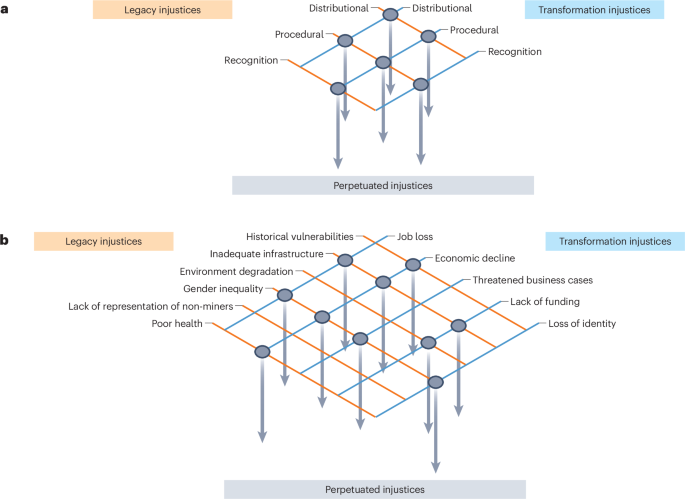Trump’s Reconciliation Bill Goes to the Senate
On May 22, the House of Representatives passed President Trump’s bill to slash taxes for the affluent as well as health coverage and food assistance for the poor. The vote was 215-214. With many Members not wanting to vote for the bill, House Republican leadership allowed two to vote “no” and three others not to vote at all. The five include four purported “deficit hawks” and one New Yorker whose constituents will hate the bill’s cap on the deductibility of state and local taxes (SALT). Three safe Democratic seats are vacant after seriously ill incumbents ran for re-election in November then died in office. Had these Democrats voted, the Leadership would have had to require the abstainers to vote or forced one of the dissenters to change his vote. The result was never seriously in doubt. Despite all their posturing, House Republican “moderates” folded like a K-Mart puptent in a Category 5 hurricane. Indeed, not only did they not win any moderation in the health care and food assistance cuts, they did not even try: all their efforts focused on improving SALT deductions for their affluent constituents (which efforts largely fell short). The “deficit hawks” apparently bought a slightly better brand of puptent but still folded quickly after Leadership inserted even more savage health care reductions. The bill remained an extreme budget-buster. The non-partisan Congressional Budget Office – headed by a former Bush Administration official appointed by Senate Republicans – estimates the bill will increase the deficit by $1.756 trillion over five years and much more beyond that. That five-year deficit effect is similar the ten-year impact of the bipartisan CARES Act enacted in response to a genuine crisis (the coronavirus pandemic). But whereas the CARES Act, which many “deficit hawks” opposed, contained largely temporary measures that did, indeed, expire, this legislation hides its long-term deficit impact with artificial expiration dates that Republicans have made clear they never intend to take effect. (I am citing only the five-year deficit effects of this legislation as the ten-year estimates, although ghastly, still dramatically understate its real effects due to these gimmicks.) The House bill’s five-year deficit impact is about five times the ten-year effect of the Democrats’ Build Back Better legislation in 2021, which would have expanded health care coverage and access to child care. Republicans unanimously opposed Build Back Better because of its impact on the deficit. (Comparing the priorities in the 2021 and 2025 “BBB” bills is revealing indeed.) Also invisible were House Republicans who care about Christians escaping overseas oppression. Among its many cruelties, the legislation would deny food assistance to people granted refugee or asylee status based on religious persecution. House Republicans’ “Rule of Law” Caucus, led by Rep. R. Van Winkle (R-NY), was apparently unbothered by provisions of the legislation that would gut the Administrative Procedure Act and block many of the kinds of lawsuits currently being filed, and won, against the Trump Administration. Perhaps most tragic was the fate of House Republican champions of states’ rights and federalism. They seem to be suffering from complete amnesia: how else could one explain their votes for legislation chock full of unfunded mandates as well as steep penalties on states that spend their own funds to aid immigrants abandoned by the federal government? If anyone finds a House Republican who believes in the principle of subsidiarity wandering lost in the halls of Congress, please contact the proper authorities. The legislation now goes to the Senate. To avoid uncomfortable committee votes and procedural rules restricting what committees can report out, Senate Republican Leadership will bring the legislation directly to the floor. Senate Republicans on each of the affected committees have been meeting behind closed doors for weeks to work out a substitute that they would offer for the House bill. Once they have agreement and get their bill drafted, they will bring it to the Senate floor and push it through quickly, likely the week of June 23. Senate Republicans can afford to lose three votes. One imagines Leadership has already authorized Sen. Lisa Murkowski (R-AK) and Sen. Susan Collins (R-ME) to vote “no”. That means that any two other Senate Republicans can demand changes in the legislation – or block it entirely. The Senate has many more than two vociferous Republican “deficit hawks” so one might think that the legislation is in deep trouble. Alas, their commitment to fiscal rectitude seems about as ethereal as that of their House counterparts. It is hard to identify one who has cast a tough vote for deficit reduction against their own leadership. Perhaps business elites’ warnings that increasing the deficit this much could seriously ha
On May 22, the
House of Representatives passed President Trump’s bill to slash taxes for the affluent
as well as health
coverage and food
assistance for the poor. The vote was
215-214. With many Members not wanting
to vote for the bill, House Republican leadership allowed two to vote “no” and
three others not to vote at all. The five
include four purported “deficit hawks” and one New Yorker whose constituents
will hate the bill’s cap on the deductibility of state and local taxes
(SALT). Three safe Democratic seats are
vacant after seriously ill incumbents ran for re-election in November then died
in office. Had these Democrats voted,
the Leadership would have had to require the abstainers to vote or forced one
of the dissenters to change his vote.
The result was never seriously in doubt. Despite all their posturing, House Republican “moderates” folded like a K-Mart puptent in a Category 5 hurricane. Indeed, not only did they not win any moderation in the health care and food assistance cuts, they did not even try: all their efforts focused on improving SALT deductions for their affluent constituents (which efforts largely fell short).
The “deficit hawks” apparently bought a slightly better brand of puptent but still folded quickly after Leadership inserted even more savage health care reductions. The bill remained an extreme budget-buster.
The non-partisan Congressional Budget Office – headed by a former Bush Administration official appointed by Senate Republicans – estimates the bill will increase the deficit by $1.756 trillion over five years and much more beyond that. That five-year deficit effect is similar the ten-year impact of the bipartisan CARES Act enacted in response to a genuine crisis (the coronavirus pandemic). But whereas the CARES Act, which many “deficit hawks” opposed, contained largely temporary measures that did, indeed, expire, this legislation hides its long-term deficit impact with artificial expiration dates that Republicans have made clear they never intend to take effect. (I am citing only the five-year deficit effects of this legislation as the ten-year estimates, although ghastly, still dramatically understate its real effects due to these gimmicks.)
The House bill’s five-year deficit impact is about five times the ten-year effect of the Democrats’ Build Back Better legislation in 2021, which would have expanded health care coverage and access to child care. Republicans unanimously opposed Build Back Better because of its impact on the deficit. (Comparing the priorities in the 2021 and 2025 “BBB” bills is revealing indeed.)
Also invisible were House Republicans who care about Christians escaping overseas oppression. Among its many cruelties, the legislation would deny food assistance to people granted refugee or asylee status based on religious persecution.
House Republicans’ “Rule of Law” Caucus, led by Rep. R. Van Winkle (R-NY), was apparently unbothered by provisions of the legislation that would gut the Administrative Procedure Act and block many of the kinds of lawsuits currently being filed, and won, against the Trump Administration.
Perhaps most tragic was the fate of House Republican champions of states’ rights and federalism. They seem to be suffering from complete amnesia: how else could one explain their votes for legislation chock full of unfunded mandates as well as steep penalties on states that spend their own funds to aid immigrants abandoned by the federal government? If anyone finds a House Republican who believes in the principle of subsidiarity wandering lost in the halls of Congress, please contact the proper authorities.
The legislation now goes to the Senate. To avoid uncomfortable committee votes and procedural rules restricting what committees can report out, Senate Republican Leadership will bring the legislation directly to the floor. Senate Republicans on each of the affected committees have been meeting behind closed doors for weeks to work out a substitute that they would offer for the House bill. Once they have agreement and get their bill drafted, they will bring it to the Senate floor and push it through quickly, likely the week of June 23.
Senate Republicans can afford to lose three votes. One imagines Leadership has already authorized Sen. Lisa Murkowski (R-AK) and Sen. Susan Collins (R-ME) to vote “no”. That means that any two other Senate Republicans can demand changes in the legislation – or block it entirely.
The Senate has many more than two vociferous Republican “deficit hawks” so one might think that the legislation is in deep trouble. Alas, their commitment to fiscal rectitude seems about as ethereal as that of their House counterparts. It is hard to identify one who has cast a tough vote for deficit reduction against their own leadership. Perhaps business elites’ warnings that increasing the deficit this much could seriously harm the economy will make a difference, but at present party discipline seems formidable.
People assuming that the Senate bill will improve on the House version may be disappointed. Moderating its transformative cuts to health care and food assistance would require either making its tax provisions less generous or increasing its impact on the deficit; moderating its deficit impact would require either increasing the health care and food assistance cuts or making its tax provisions less generous. The wealthy special interests behind the House tax provisions will not stand down in the Senate. Senate campaigns are exceedingly expensive so senators are unlikely to tune out big donors. If the special interests retreat at all, it likely will only be in exchange for promises that the Senate will later recede to the House provisions. Thus the goals of moderating the devastating cuts to low-income programs and moderating the disastrous deficit increases are in direct opposition with one another.
Assuming the Senate can pass its version of the legislation the seek of June 23, Republican Leadership has no intention of convening a conference committee. That would take more time and allow Democrats to force uncomfortable votes. Instead, Republicans on the House and Senate Committees will work quickly behind closed doors to craft a consensus bill. The House will then take up the Senate-passed version, the Republican consensus bill, and pass it; the Senate will then do the same.
This is all driven by Republicans’ strong desire to enact this legislation before Congress’s July 4 recess. This need for speed is driven by the sense that, as unpopular as the legislation is now, giving the public more time to find out what it contains will only increase the pressure on congressional Republicans. The Administration has done a masterful job of distracting the news media and the public from its transformative legislation through its sensational, destructive, and often illegal executive actions. That effect may be waning, heightening the sense of urgency.
The specific imperative to finish by July 4 is driven by a desire to protect Members from being asked difficult questions in meetings with constituents over recess while the Member can still be asked to commit to a “no” vote.
More broadly, despite their public protestations to the contrary, congressional Republicans are keenly aware that their legislation strips health care coverage and food assistance from millions of low-income people who are willing to work but unable to find regular employment. Meanwhile, President Trump’s trade war chaos pushes the country into a recession. (Why are people complaining about TACOs? They are much better than the alternative.) Once the economy begins shedding jobs, it will become obvious that sufficient work often is unavailable due to circumstances beyond the individual’s control. Thus, these “work requirements” will be exposed as actually being disqualifications for the involuntarily unemployed and underemployed. Many of those turned away in their times of need will be Trump voters. Putting as much distance between this legislation and those families’ hardship is certainly in Republicans’ interests.
@DavidASuper.bsky.social @DavidASuper1




















































































































































